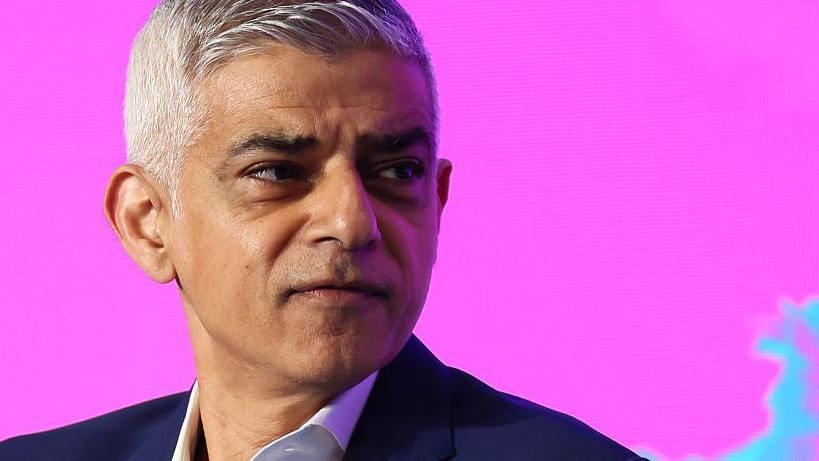'It's getting to rock bottom', cash-strapped council says
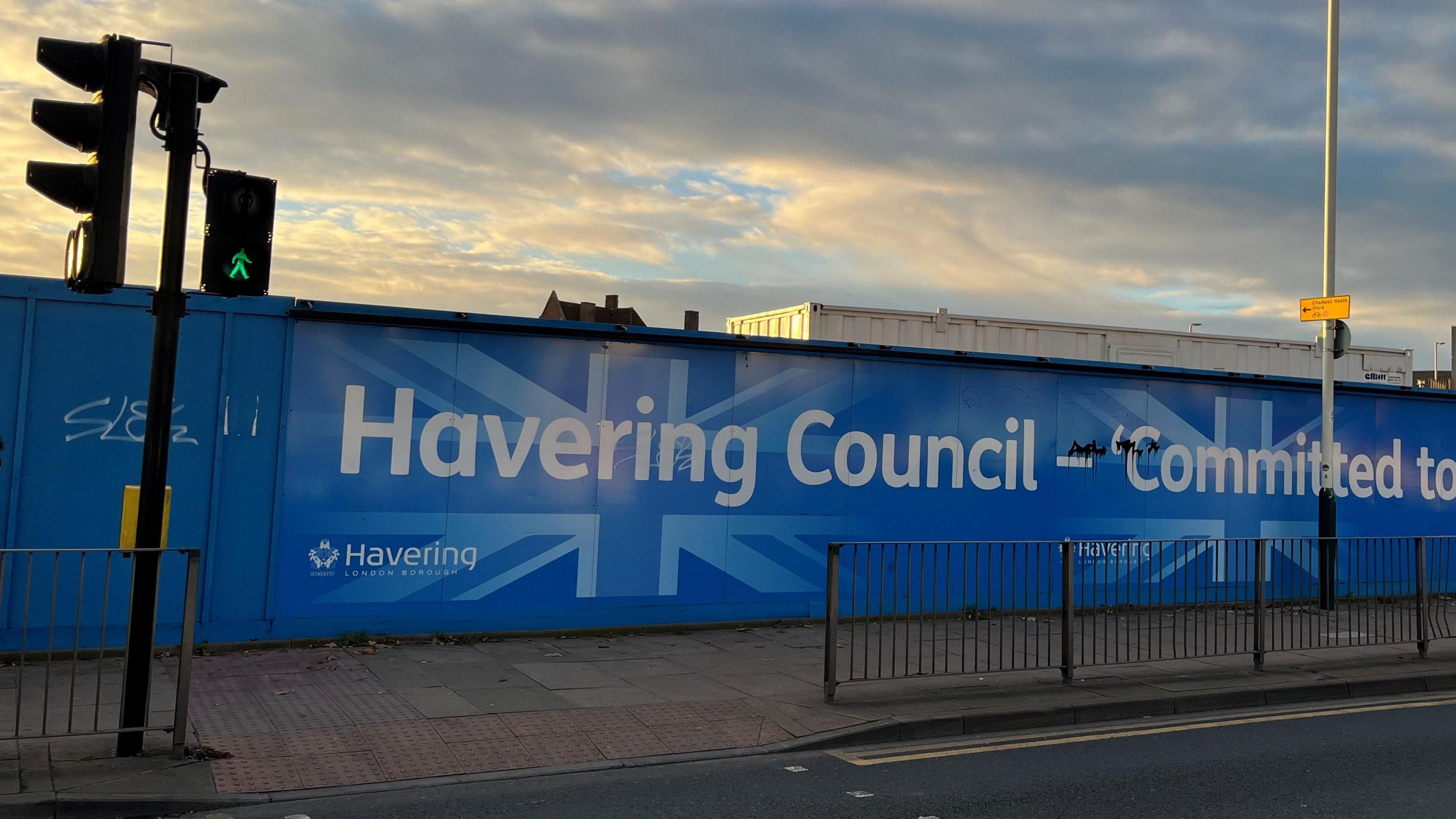
Havering says London's councils need more support in the Budget to pay for temporary housing
- Published
As the Budget approaches, London's boroughs are calling on the government to help them restore financial stability.
London Councils, which represents the 32 boroughs and the City of London, has warned the boroughs face a combined funding gap, external of £1bn this year, which could rise to £4.7bn by 2028-29.
Some of the key asks in the Budget include extra funding to support the cost of housing homeless residents in temporary accommodation, more transport infrastructure to help deliver new housing projects and new fiscal powers to generate income that could be invested locally.
The Treasury said "the chancellor will deliver a Budget that takes the fair choices to build a secure future in London and beyond".
Brink of bankruptcy
"You're getting to the point now where it's getting to rock bottom," said councillor Ray Morgon as he explained the cuts he has made to local services in Havering, east London, in recent years.
He explained: "Last year we had to close libraries, which wasn't very popular… it wasn't something that we particularly wanted to do but... it was a necessity to ensure that we could make those savings."
As leader of the Havering Residents Association that runs the London Borough of Havering, and not politically aligned to any of the main political parties, Mr Morgon has been more vocal than some council leaders about his borough's financial struggles.
Havering has been on the brink of effectively going bankrupt for some time now. The only thing that has kept it afloat is Exceptional Financial Support from the government – which is actually permission to borrow more. Last year the council had to borrow £88m to balance its books.
One of the biggest challenges facing London boroughs like this one is the cost of providing temporary accommodation, which a statutory duty for councils, alongside providing adult and children's social care.
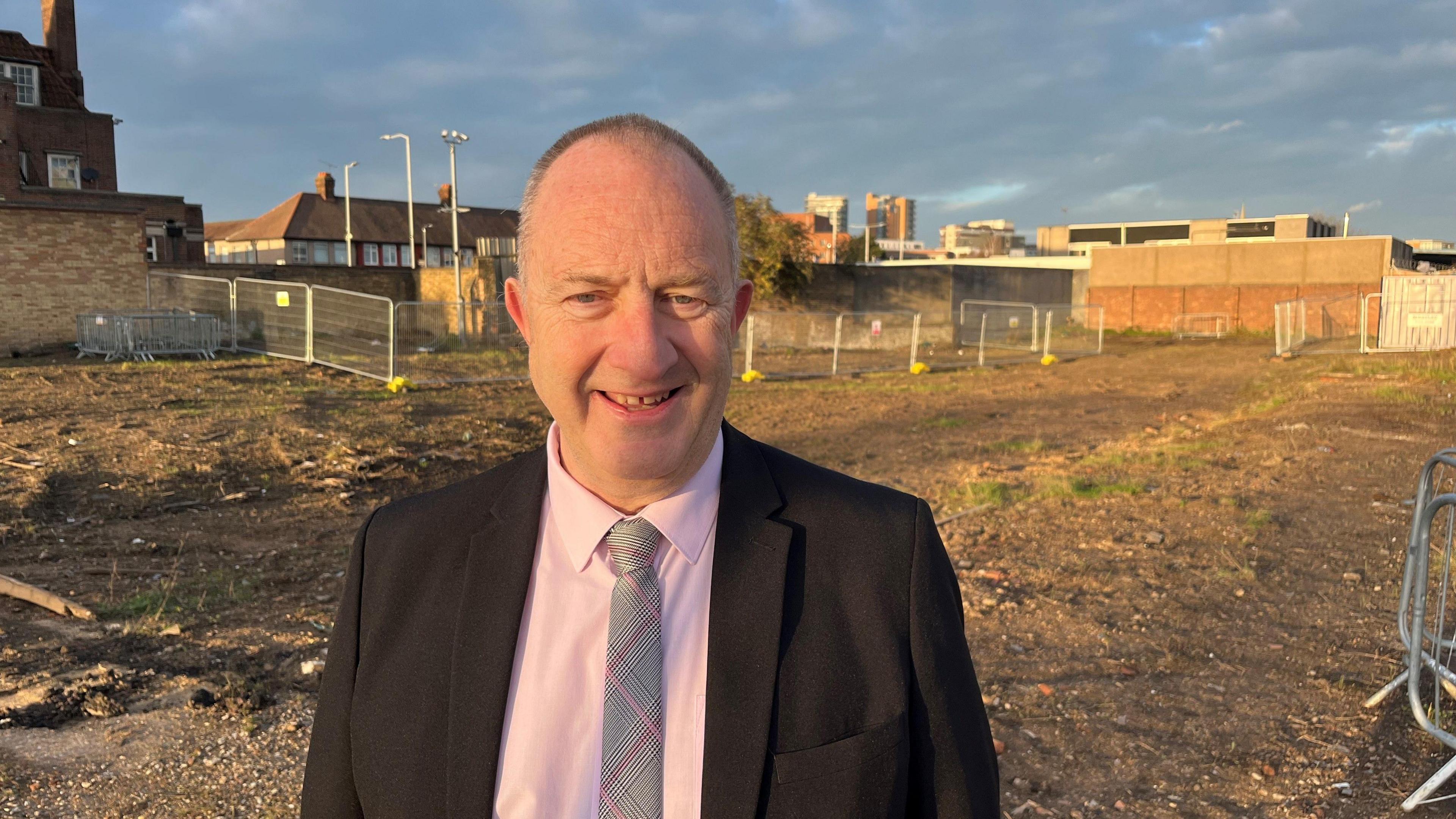
Councillor Ray Morgon is planning to put short-term modular homes on this land in Romford to cut temporary accommodation costs
Mr Morgon showed me a stalled housing development site in Romford where his council now plans to put up temporary modular homes that they think could be a cheaper option than housing homeless families in hostels and hotels. He wants the government to announce more support in the Budget to help councils like his.
He said: "At the moment 80% of what is spent in the borough, a local resident is unlikely to see unless they happen to utilise social care or need support because they're homeless."
He added if the government "wants councils to provide a good level of service that has to be provided by law, they've really got to make sure each council has sufficient funding".
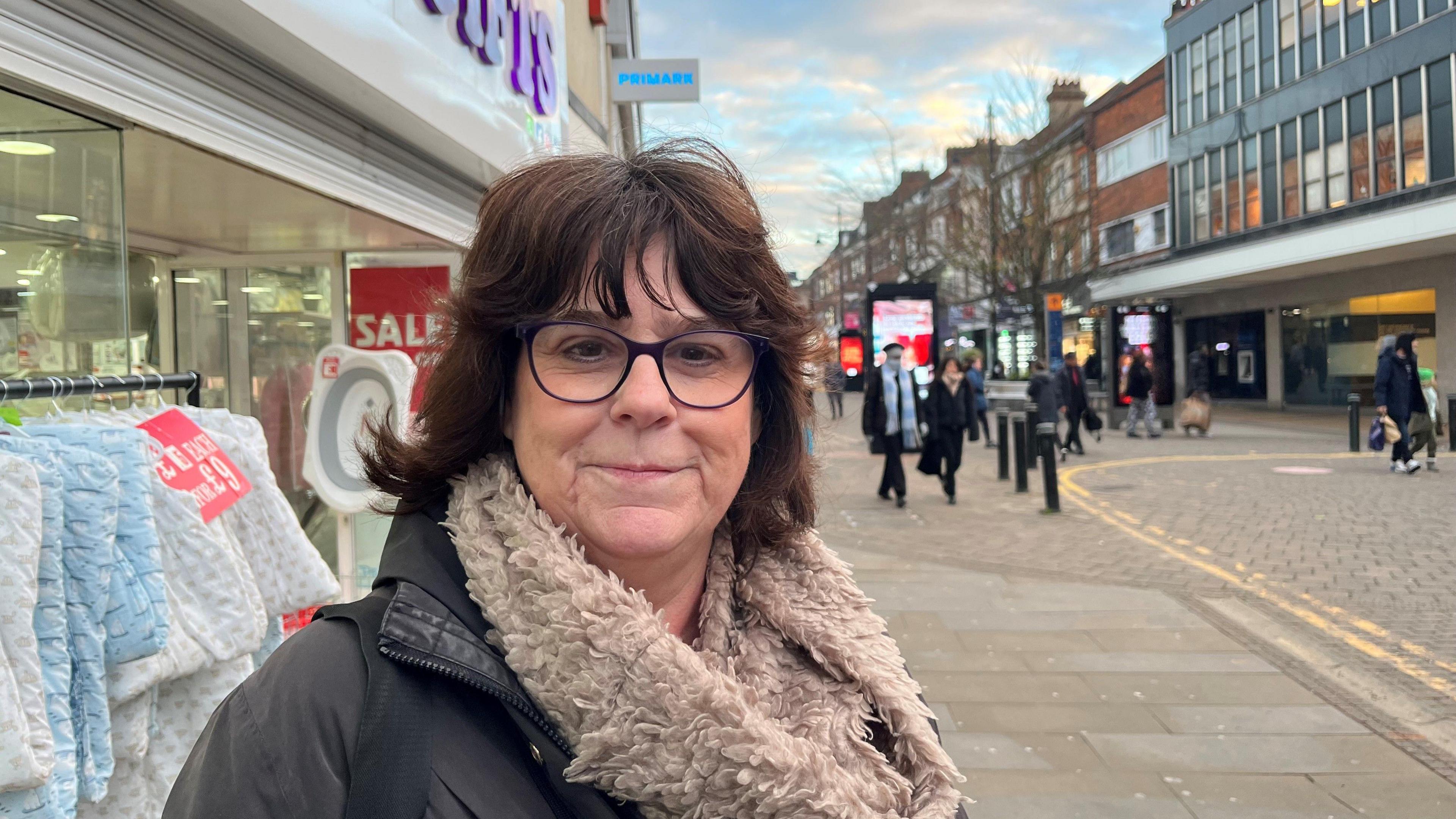
Havering resident Linda says the chancellor should raise taxes in the Budget to pay for local services
In Romford town centre, Havering resident, Linda, who's from Harold Hill, told me she thought the chancellor should raise taxes, like income tax, to pay for local services.
She said "You need to pay tax. We don't get the hospitals and the police, and our rubbish collected and the schools for nothing. We have to contribute but it's got to be done fairly."
Havering is one of seven London boroughs so far that have needed Exceptional Financial Support (EFS) from government, but London Councils is warning that about half of London's 32 boroughs could need EFS within the next three years to avoid effectively going bust.
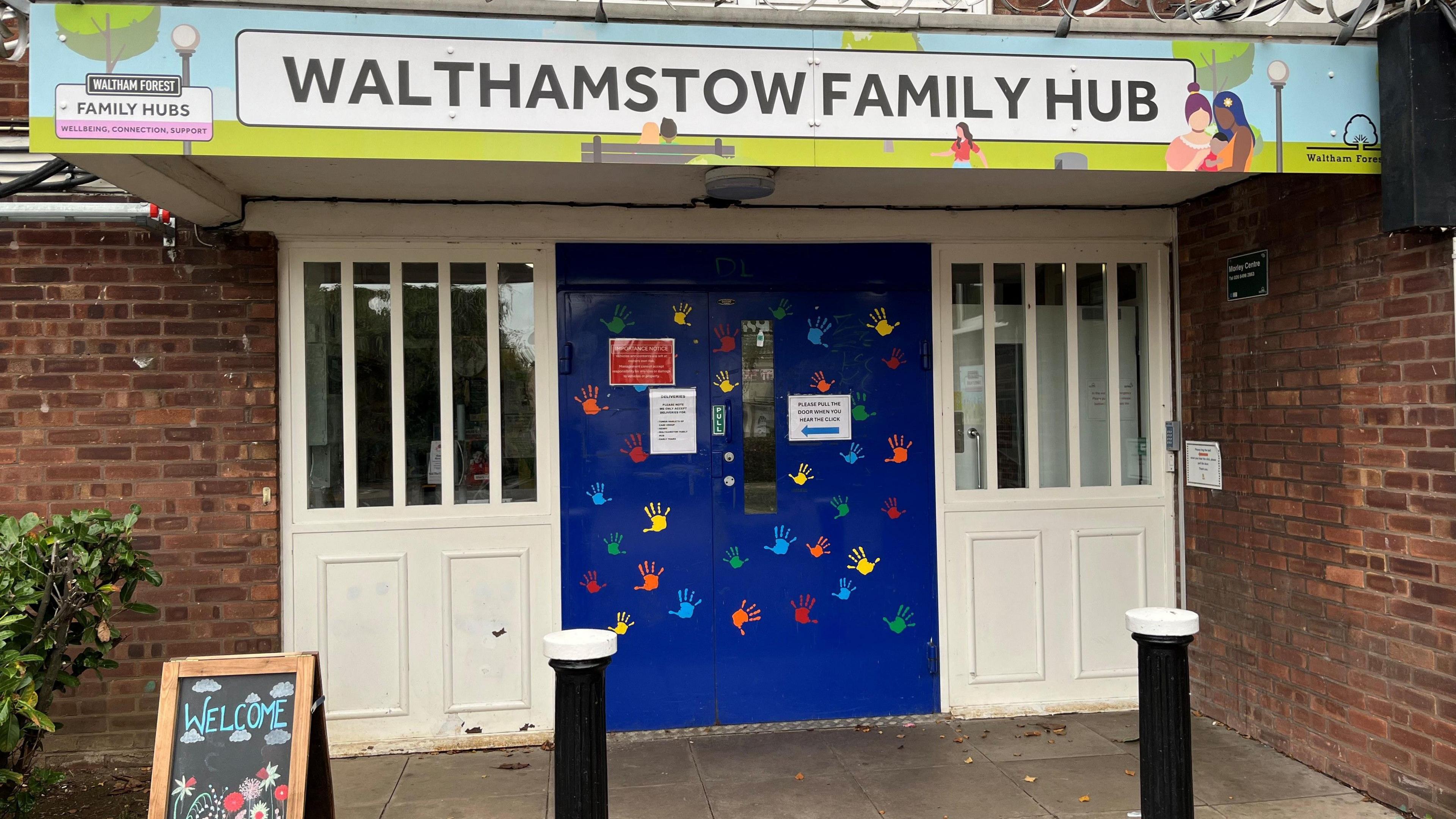
Walthamstow Family Hub is one of the local services provided by the London Borough of Waltham Forest
One of the measures London Councils has been calling for in the Budget is an end to the freeze on how much the government pays towards temporary accommodation costs.
That has been frozen since 2011, while the cost of accommodation has risen, leaving councils to pay the difference, meaning they have less money to spend on other local services.
The deputy chair of London Councils, Labour councillor Grace Williams, said: "We've got one in 50 Londoners who [are] in temporary accommodation. That's one in 21 children.
"To house them, which we must do, we get less money from government than we do for social housing, so we're asking for that kind of reform to make it fairer so that we can really, as well as housebuilding, we can help those families out of temporary accommodation into settled accommodation."
The borough she runs, Waltham Forest, is expecting to overspend by £31m this year and it is one of the councils that expects to need EFS soon to balance its books.
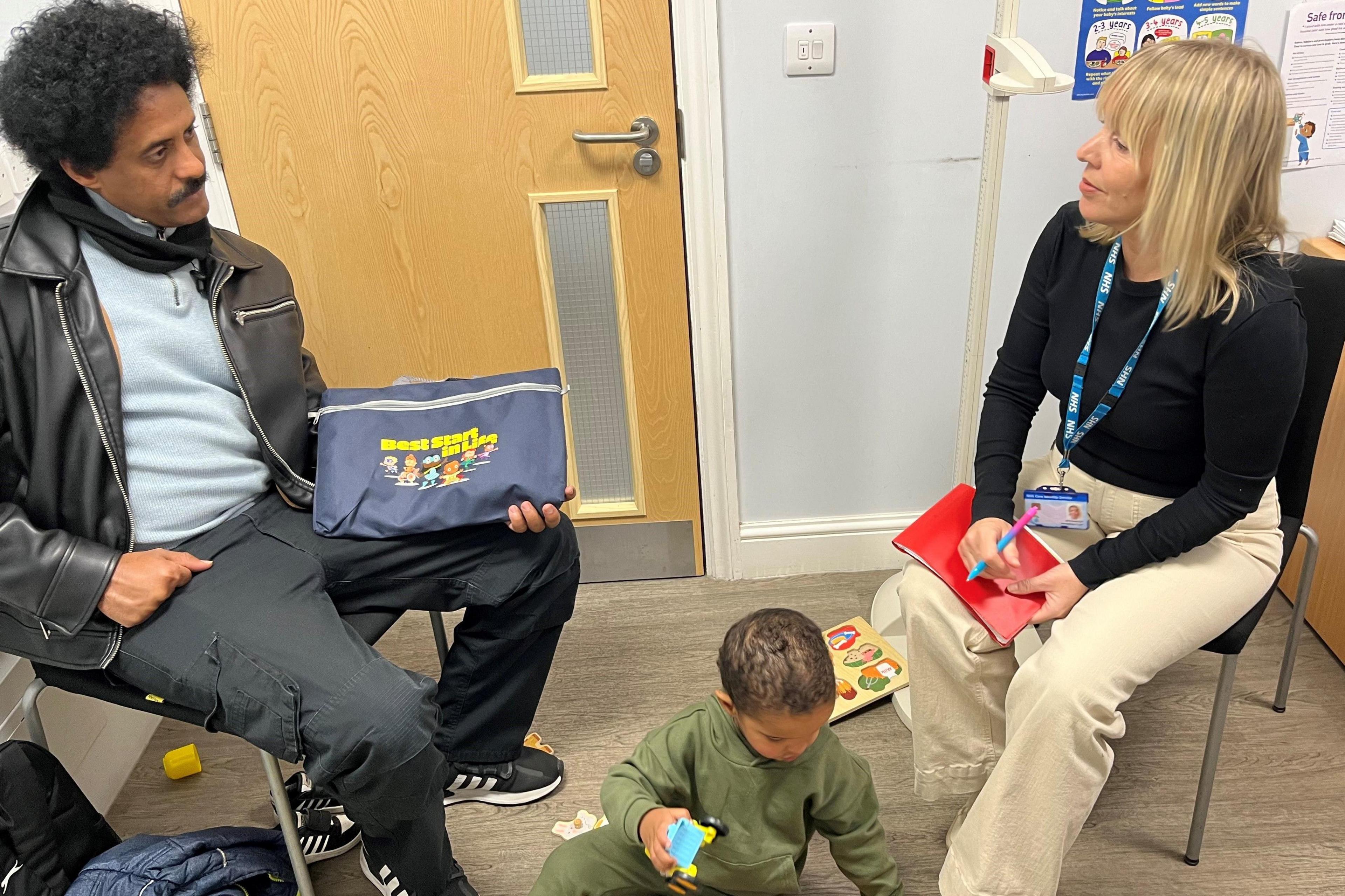
Two-year-old Omer and his dad go to Walthamstow Family Hub to see the community nurse
At the council-run Walthamstow Family Hub, which offers help to local people with everything from health to housing advice, I met two-year-old Omer and his dad, Mohammed Idrisnur, who were there for a health check with the community nurse.
Mr Idrisnur told me he thought the chancellor should give more money to councils to help them keep running local services like the family hubs.
"He said: "It's good for us to get support and when the [councils have] got support, we [get] support as well. I'm happy to see this service running."
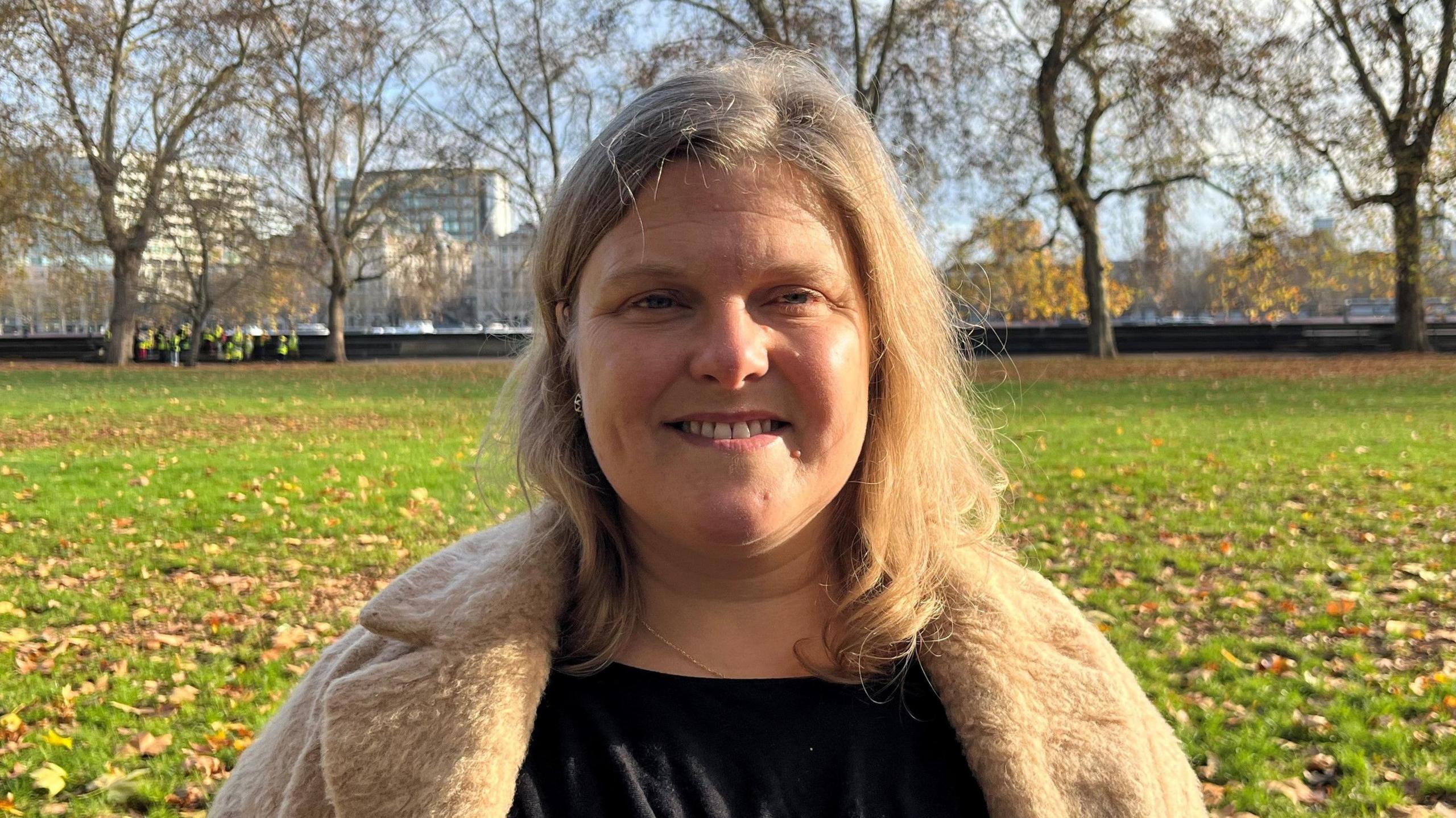
Grace Williams, leader of Waltham Forest Council, says one in 50 Londoners lives in temporary accommodation
Transport infrastructure is another thing London's boroughs are looking for in the Budget. The BBC understands the Docklands Light Railway extension to Thamesmead is will be announced by the chancellor, which has been welcomed by London Councils.
But boroughs have been calling for other transport projects too, like the West London Orbital, external and the Bakerloo line extension.
Ms Williams explained: "The link between housing and transport infrastructure is just so important, isn't it?
"You can't really have extensive housing growth without the other, so there's some really important things that we're waiting to hear from the chancellor: the Bakerloo line, and some of the other infrastructure.
"But Waltham Forest, we're an outer borough… for us it's things like bus infrastructure, so the Superloop has been amazing for us. We would like to see that really strategic look at infrastructure across London."
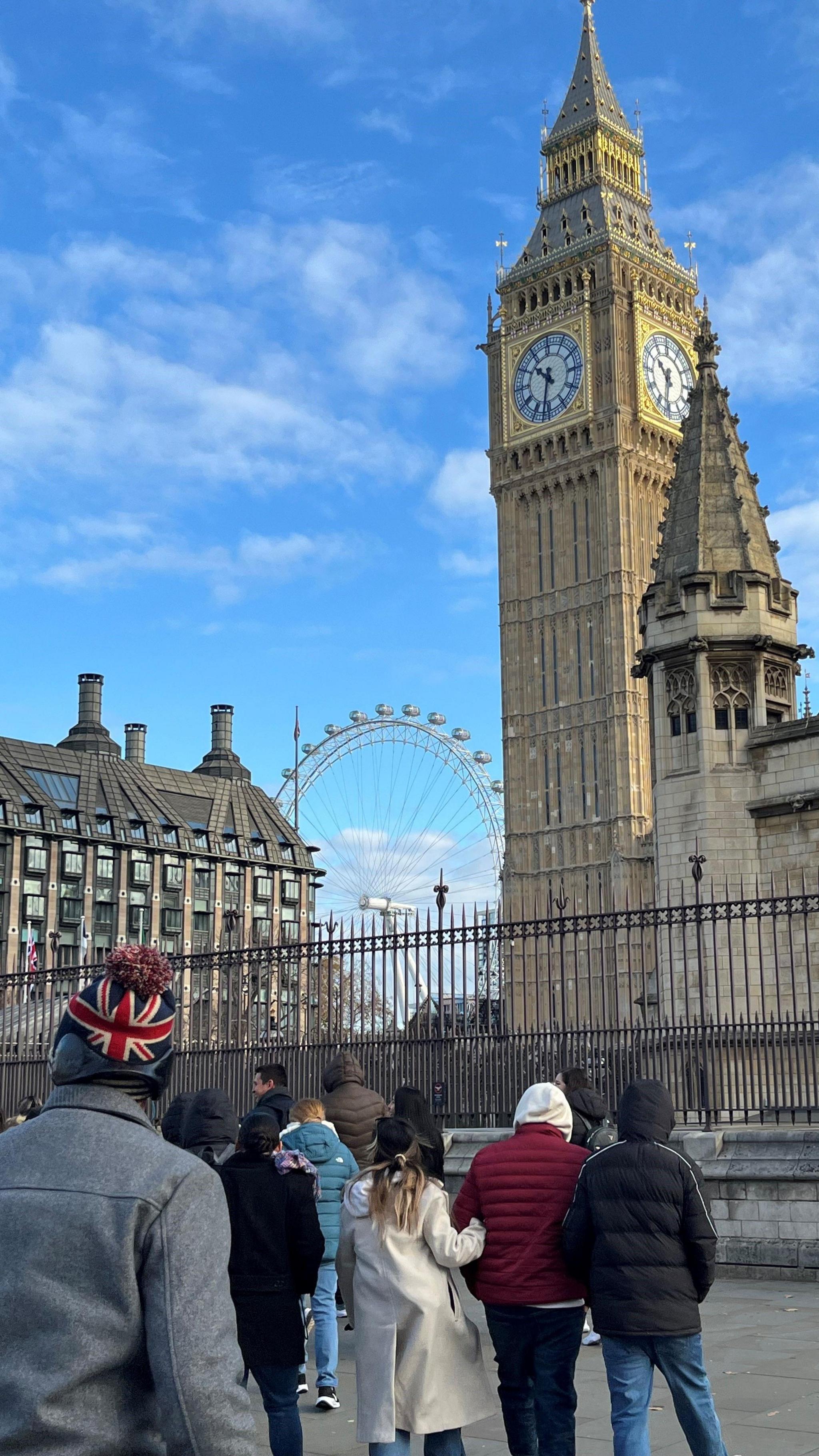
London Councils wants an "overnight stay levy" or so-called tourist tax
New powers for councils to be able to raise funding is another idea London Councils has been pushing for. They include a so-called overnight stay levy, or tourist tax, that visitors to London hotels would pay. Another idea is land value capture that uses the value of land to help fund developments or services.
But suggestions the chancellor might be looking at imposing higher taxes on more expensive properties are getting less of a warm welcome from some.
Ms Williams said: "That won't really help a borough like Waltham Forest. It might help some of the Inner London boroughs, because most of our council tax comes from people who live in much smaller, less valuable properties.
"So what I would really like to see is the government take this opportunity… to properly reform council tax."
Changes to the way the existing pot of local government funding is divided between councils have been another area of concern for some London boroughs. Richmond has even threatened the government with legal action over a proposed cut in its funding share.
However, an announcement from the government on the Fair Funding Review 2.0 , externalhas been met with a cautious welcome by London Councils, external, which supported the decision to include housing in how deprivation is measured, although chair of London Councils councillor, Claire Holland, said the way children and young people's services were being calculated for the new formula "dramatically underestimate levels of need in London".
Listen to the best of BBC Radio London on Sounds and follow BBC London on Facebook, external, X, external and Instagram, external. Send your story ideas to hello.bbclondon@bbc.co.uk, external
- Published7 days ago

- Published14 June
